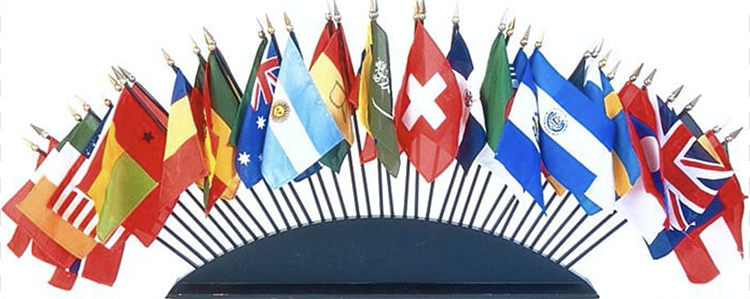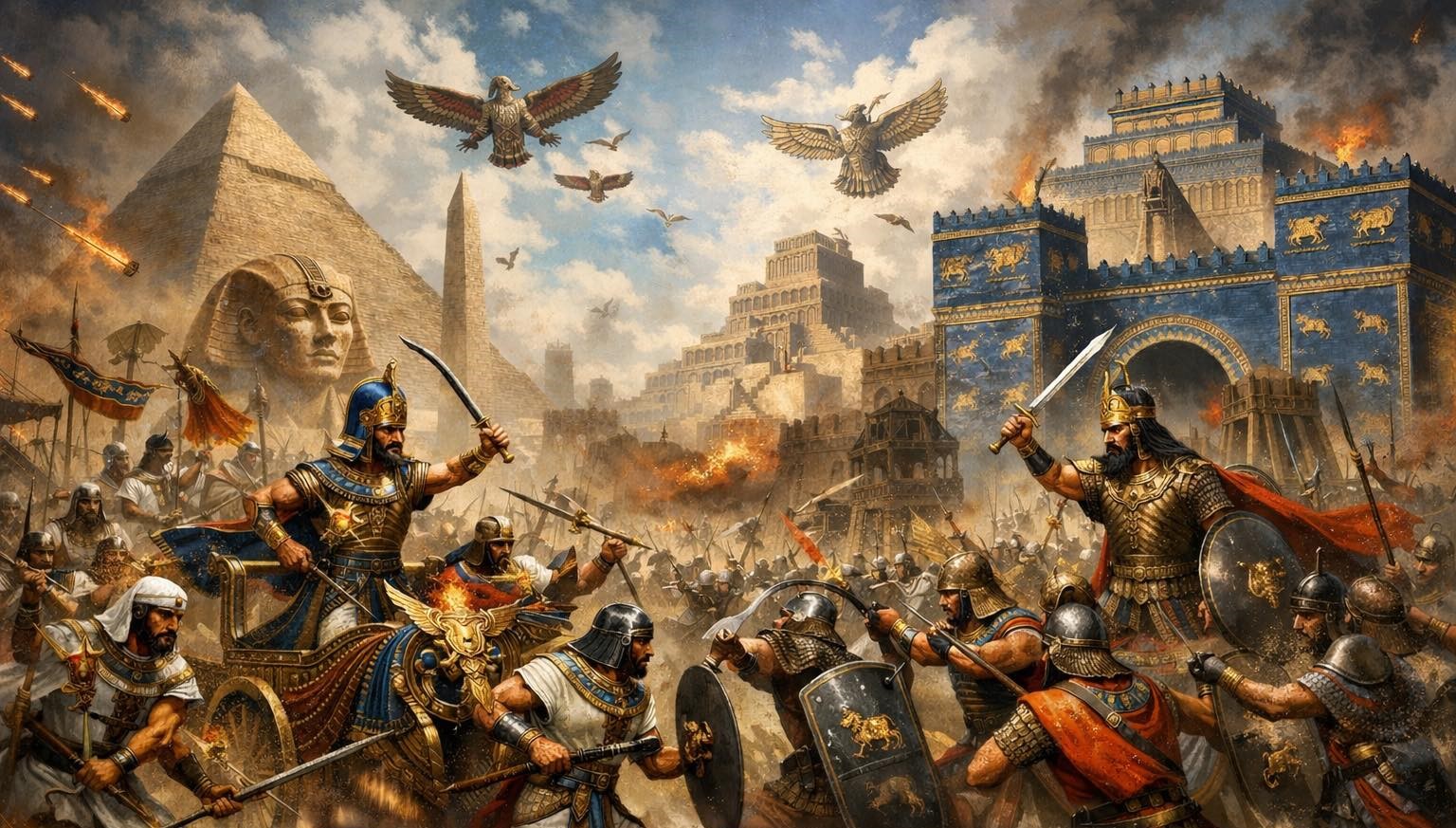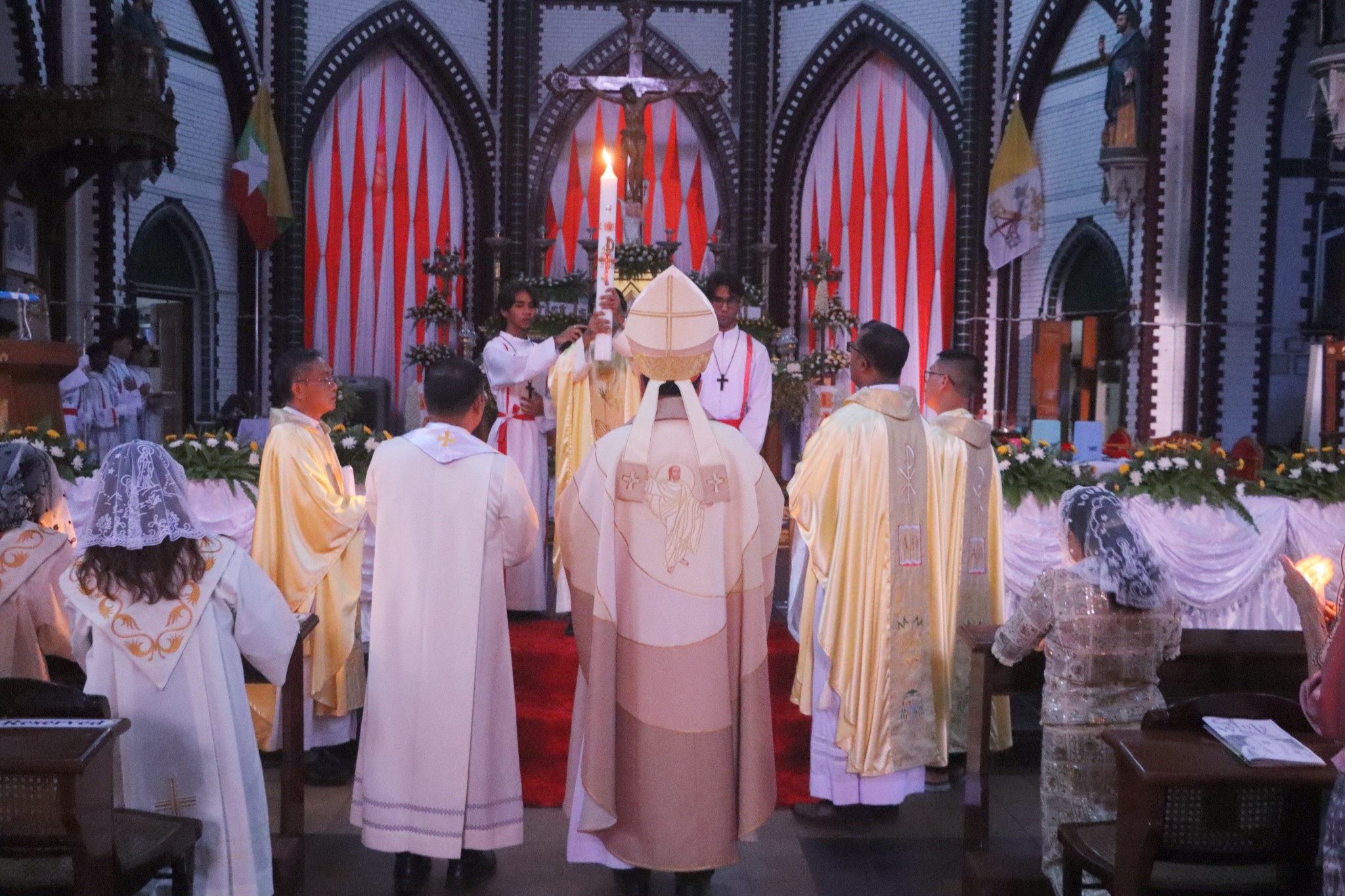Carlos M. Frota
Happy birthday, United Nations! “Happy Birthday” in these times of sadness and concern? No, this is just the traditional way of speaking. The reality is quite different !
The UN was founded in 1945 to support collective action to realize peace, development and human rights for all. But seventy five years on, the old lady has some wrinkles. But with make-up they disappear…and make-up, in this case, it’s diplomacy.
Diplomacy towards the outside world, putting together those separated by conflicts or any other issue threatening peace and security. And diplomacy inside its walls, among member states tempted to distance themselves from the ideals of the organization, as it’s the case of the US today, proclaiming great power’s selfishness against the “generosity” and wisdom of multilateralism.
WITHOUT CAKE AND CHAMPAGNE…
The United Nations evoked its 75th anniversary on the 21st of September, with a special General Assembly Session, when presidents, kings and prime ministers, from their countries and far away from New York, delivered pre-recorded messages, praising the past achievements of the organization and claiming its absolute indispensability today.
There is no other global organization with the legitimacy, convening power and normative impact as the United Nations – they agreed on a Declaration approved by all member states to emphasize the meaning of the occasion. And they insisted: “No other global organization gives hope to so many people for a better world and can deliver the future we want.”
The urgency for all countries to come together, to fulfill the promise of the nations united, has rarely been greater – the world leaders recognized.
UN ACHIEVEMENTS?
Can we name them? The highest representatives of all nations don’t forget. Even in times of great global challenges and tension, the Organization has catalyzed decolonization, promoted freedom, shaped norms for international development and worked to eradicate disease.
The UN has helped to mitigate dozens of conflicts, saved hundreds of thousands of lives through humanitarian action and provided millions of children with the education that every child deserves. And it has worked to promote and protect all human rights and fundamental freedoms for all, including the equal rights of women and men.
But so many shortcomings, and errors, and deficiencies, despite all those efforts!
Look at the situation of the world today! Our world is not yet the world our founders envisaged 75 years ago.
It is plagued by growing inequality, poverty, hunger, armed conflicts, terrorism, insecurity, climate change, and now pandemics!
People in different corners of our planet are forced to make dangerous journeys in search of refuge and safety.
The least developed countries are falling behind, and we still have not achieved complete decolonization.
And the world leaders agree: all this calls for greater action, not less.
HOW TO MAKE THE WORLD A BETTER PLACE FOR ALL?
…. mainly now, when we face multiple and simultaneous crises due to the pandemics?
The leaders answer: our tools are the Paris Agreement on Climate Change and the 2030 Agenda for Sustainable Development as our roadmap. And the world leaders insist: their implementation is a necessity for our survival.
PARIS AGREEMENT ON CLIMATE CHANGE
What is the Paris Climate Accord? Accord, agreement, deal, goals – whichever term you use it refers to one central aim, agreed upon by almost every nation in 2015, to avoid dangerous climate change by dramatically reducing the global greenhouse gas emissions which are heating the planet.
Countries set their own goals to try to curb global temperature rise, aiming to stay well below 2 degrees Celsius above pre-industrial levels, and pursue efforts to limit it to an increasingly ambitious 1.5 C.
The consequences of the worsening climate crisis are happening all around us: vast melting of polar ice caps, rising sea levels and extreme weather.
Countries’ current pledges are not enough to meaningfully tackle the climate crisis, so the Paris agreement calls for more ambitious plans every five years. (Announcements had been expected at the 2020 climate change conference in the UK, which has been postponed until next November due to the Covid-19 pandemic).
The Paris deal also provides pathways for richer countries to help poorer ones, some of which are already bearing the brunt of the climate crisis, to reduce their emissions and adapt to a rapidly-changing planet.
SUSTAINABLE DEVELOPMENT GOALS
What are the Sustainable Development Goals the UN member states are committed to achieve by 2030?
They are quite ambitious and nevertheless they are the basic conditions humankind can aspire!
No poverty – end poverty in all its forms everywhere. Zero hunger, achieve food security and improved nutrition, and promote sustainable agriculture.
Good health and well-being for people. Ensure healthy lives and promote well-being for all at all ages.
Quality education. Ensure inclusive and equitable quality education and promote lifelong learning opportunities for all.
Gender equality. Achieve gender equality and empower all women and girls.
Clean water and sanitation. Ensure availability and sustainable management of water and sanitation for all.
Affordable and clean energy. Ensure access to affordable, reliable, sustainable and modern energy for all.
Decent work and economic growth. Promote sustained, inclusive and sustainable economic growth, full and productive employment and decent work for all.
Industry, Innovation, and Infrastructure. Build resilient infrastructure, promote inclusive and sustainable industrialization, and foster innovation.
Reducing inequalities. Reduce income inequality within and among countries. Sustainable cities and communities.
Make cities and human settlements inclusive, safe, resilient, and sustainable.
Responsible consumption and production.
Ensure sustainable consumption and production patterns.
Climate action. Take urgent action to combat climate change and its impacts by regulating emissions and promoting developments in renewable energy.
Life below water. Conserve and sustainably use the oceans, seas and marine resources for sustainable development.
Life on land. Protect, restore and promote sustainable use of terrestrial ecosystems, sustainably manage forests, combat desertification, and halt and reverse land degradation and halt biodiversity loss.
Peace, justice and strong institutions. Promote peaceful and inclusive societies for sustainable development, provide access to justice for all and build effective, accountable and inclusive institutions at all levels”.
Partnerships for the goals. Strengthen the means of implementation and revitalize the global partnership for sustainable development.
UN – THE GLOBAL CONVERSATION
UN Secretary General Antonio Guterres launched the biggest-ever global conversation on the world’s future to mark its 75th anniversary in 2020.An inclusive global conversation on the role of global cooperation in building the future we want.
And the conversation, begun in January and continues despite the constraints of coronavirus, organizing dialogues around the world and across borders, sectors and generations. The aim is to reach the global public; to listen to their hopes and fears and to learn from their experiences.
While the UN seeks to drive conversation in all segments of society – from classrooms to boardrooms, parliaments to village halls – it will place special emphasis on youth and those whose voices are too often marginalized or not heard in global affairs.
ANTICIPATING UN CENTENNIAL
Through dialogues the UN aims to build a global vision for the year 2045, the UN’s centennial: to increase understanding of the threats to that future and to drive collective action to realize that vision. Global opinion polling and media analysis will be conducted in parallel to provide statistically representative data.


 Follow
Follow


